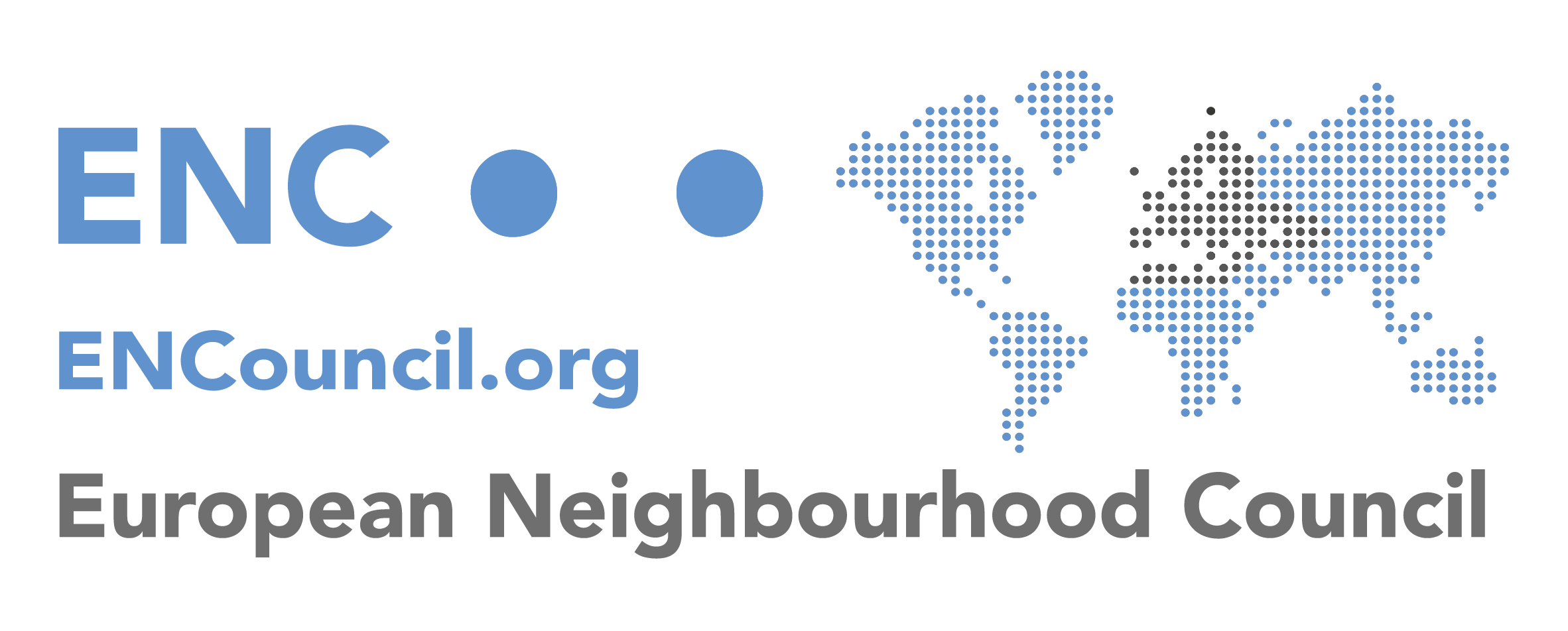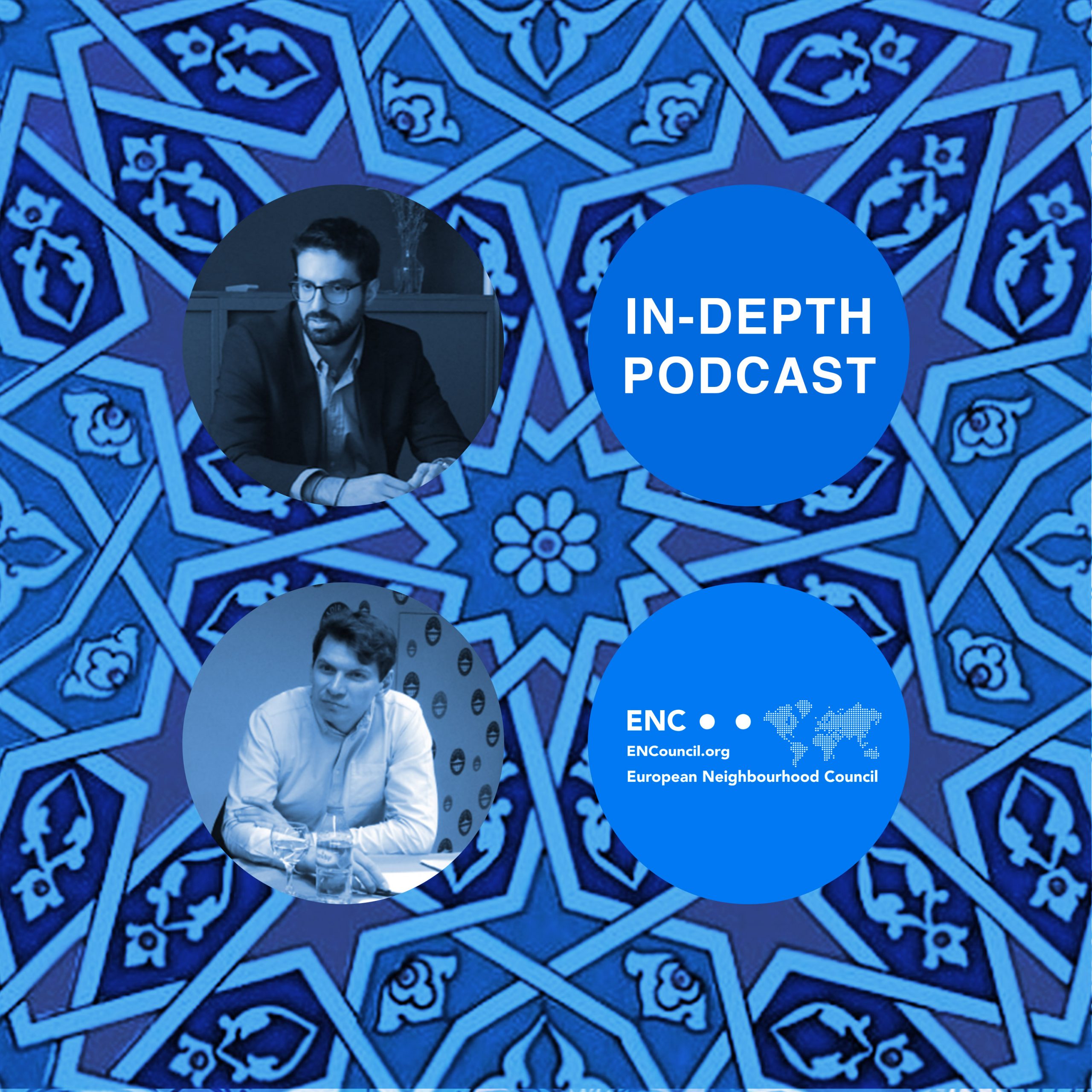ENC In-Depth interview with Francesca Fabbri on the current status of EU – Tunisia relations
Francesca Fabbri has been working for the European Policy Centre in the Europe in the World Programme since January 2016. In her research she focuses on European foreign policy in the Mediterranean, European Neighbourhood Policy (ENP), conflict mediation, geopolitics of the Middle East and North Africa and governance and rule of law reform support.
The discussion focused on the main challenges that hinder progress and reform process in Tunisia and the role of international donors, primarily the EU.
Tunisia is often presented in European policy circles as the only success story among the countries of the so-called ‘Arab Spring’. The transition since 2011 has undeniably led to peaceful, plural and democratic elections and to an encouraging new era for the Tunisian people. However, the hard truth is that what came out of the last five years of change and struggle is extremely fragile. The reform pace is slow; socio-economic conditions are far deteriorating and external as well as domestic security threats also undermine the stability of the country. The European Union (EU) and its member states should seek to enhance relations with Tunisia to genuinely make it a priority partner.
Ms. Fabbri tried to shed light by giving brief overview of the current political landscape in Tunisia including the key internal and external challenges that threaten Tunisia’s fragile democracy. She also explained why Tunisia is still far from reaching a DCFTA agreement with the EU and how Civil Society in Europe can better collaborate with NGO’s on the ground.


